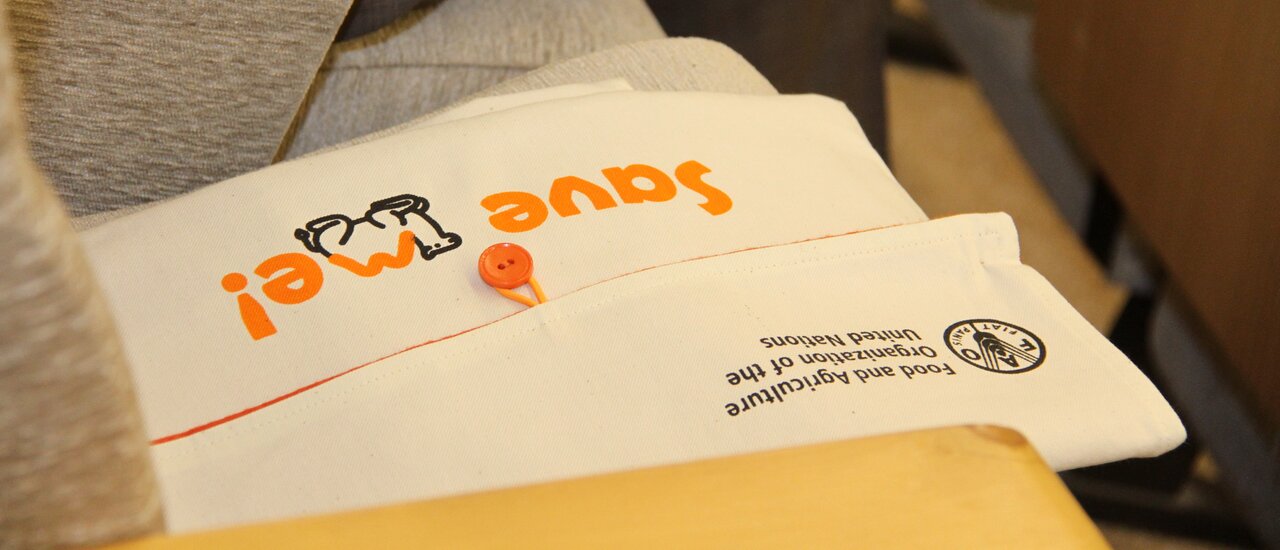TEHRAN (Iran News) – The Food and Agriculture Organization of the United Nations (FAO), in cooperation with the Ministry of Agriculture Jahad and the University of Mohaghegh Ardabili, marked World Camel Day 2023 on 22 June in Ardabil Province.
The United Nations has designated 2024 as the International Year of Camelids, acknowledging their roles in protecting ecosystems, conserving biodiversity, and ensuring food security in the face of climate change.
Yubak Dhoj G C, FAO Representative ad interim to Iran, in a message drew attention to the critical global issues of food security and climate change, and the significant role that camels play in addressing these challenges.
“Climate change exacerbates the risks to food security, particularly for vulnerable countries and populations. It leads to the loss of rural livelihoods, degradation of ecosystems, and disruptions in food systems. Additionally, indigenous communities, who rely heavily on biodiversity for their sustenance, face heightened vulnerability as biodiversity continues to decline,” Dhoj G C stated.
In the livestock sector, which is crucial for global food production, we encounter diverse challenges, including climate change, emerging diseases, competition for natural resources, and evolving demand for animal-source foods, he also warned.
Amidst these challenges, for centuries, camels have sustained Bedouins, nomads, and pastoral communities, thriving in harsh climatic conditions where other livestock struggles. Their adaptability, docility, and sustainability make them an attractive prospect for domestication and a vital addition to the food chain, he further highlighted.

Emphasizing the role of camels, he said that we observe World Camel Day on the 22nd of June every year, and with each passing year, the interest and support for camel development continue to grow, underscoring their untapped potential.
“It is worth mentioning that FAO Iran, through its TCP project on preserving the Bactrian camel, is at the forefront of efforts to safeguard this exceptional species from the brink of extinction,” from the biodiversity conservation point of view, he further noted.
Today, our goal is to deepen policymakers’ understanding of the camel’s significance and advocate for its integration into research and development policies. Together, we can work towards a more secure and sustainable future for food production, Dhoj G C concluded.
FAO announced readiness to provide technical support to the development of short-, medium- and long-term strategies for increasing the population of Bactrian camels, which is planned to be prepared by the government, relevant authorities, and the Scientific Camel Association of Iran.
It is also concluded that the government to prioritize the newly established Bactrian camel cooperative Co. and endeavor to raise more (inter)national funds for the conservation of Bactrian camels.
Also paying attention to Ecotourism with a special focus on the introduction of Bactrian camels should be regarded by the provincial authorities, as well as long-term planning for operational studies on Bactrian camels by academic institutes of Ardabil Province.
- source : Tehrantimes






























